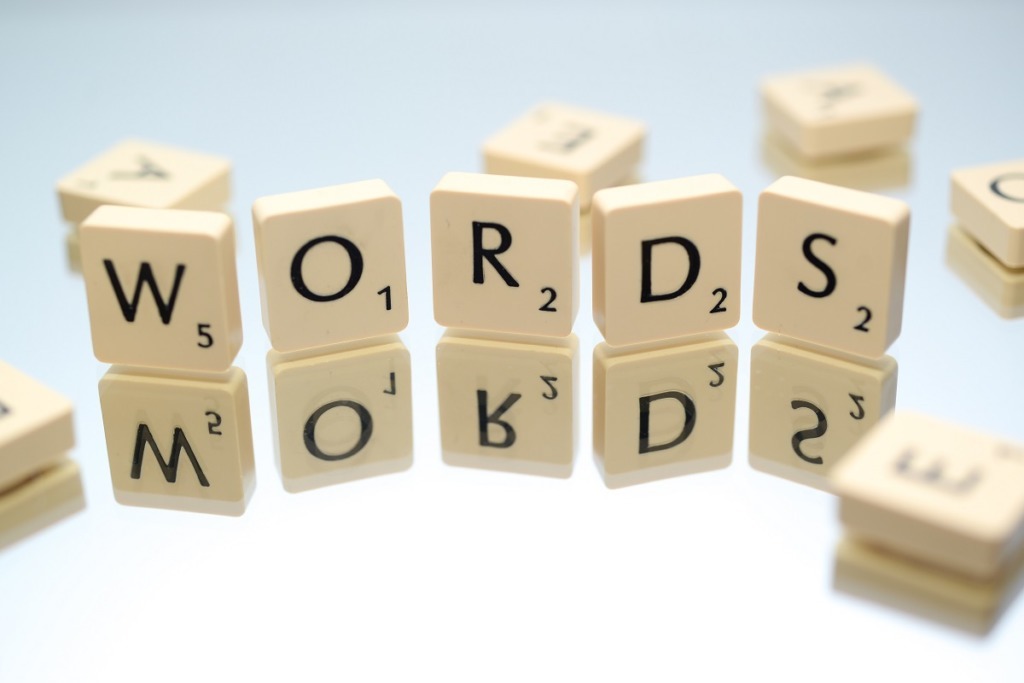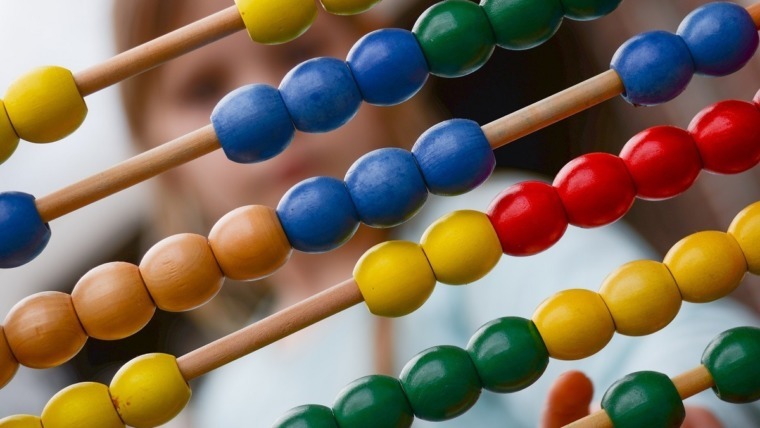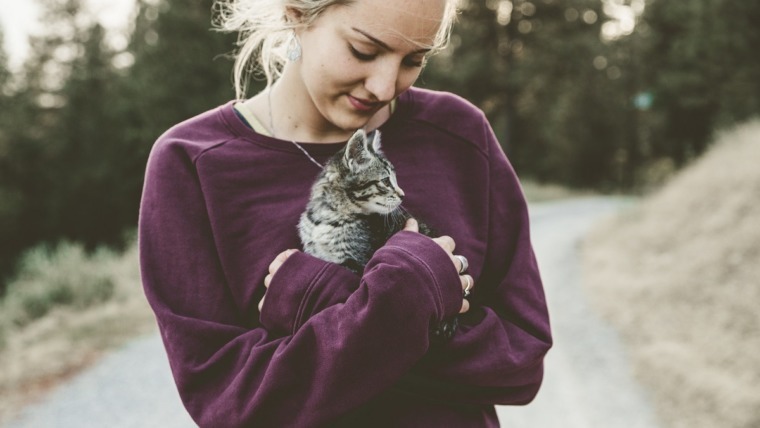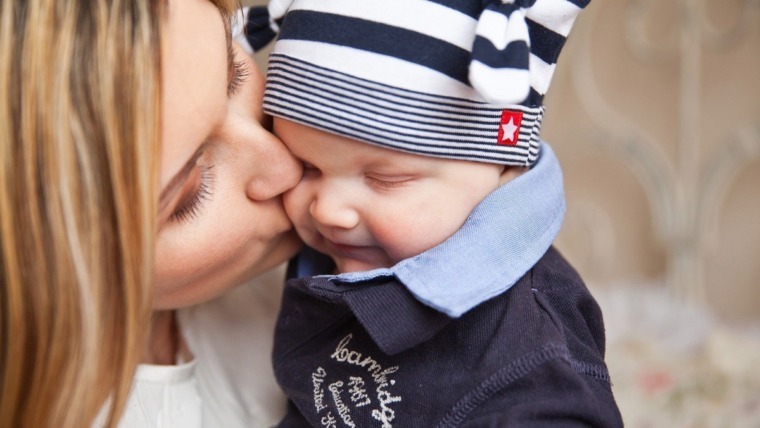
Written by Kate Witteveen
New year, new words
As a lifelong word nerd, I love learning about the new words that have been added to the common lexicon at the end of each year. Unsurprisingly, 2020 was an anomaly. There were more new words added than in any other year, and for the first time, the Oxford English Dictionary was unable to choose a single word of the year.
Many of the inclusions were predictably pandemic-centric, with “pandemic” itself experiencing a greater than 57,000% increase in usage. It’s hard to believe that, as little as a year ago, words such as “social distancing” and “contact tracing” weren’t yet in our daily vocabulary, but that’s 2020 for you!
In the interests of focusing on what’s new, I have chosen four of my favourite new additions to the English Dictionary. These are the ones I intend to bring into common usage in our house, based on an entirely arbitrary criterion that I developed: I think they will enhance the wellbeing of my family.
My favourites for family wellbeing
In no particular order, my favourite new additions from 2020 include:
- Hygge: a Danish word for a quality of cosiness that comes from simple things, such as lighting candles, baking or spending time at home with your family.
Whilst many of us may have endured rather than enjoyed enforced time at home during periods of lockdown, this is a beautiful concept, and one that I aspire towards. With one exception: baking.
In my house, baking with more than one child at a time tends to lead to fights over who is adding which ingredients, and the resulting tussle over eggs and flour and measuring spoons and who gets to lick the bowl first is the antithesis of hygge. But perhaps that’s just me?
Despite my intention to leave baking well alone, finding ways to take pleasure in simplicity is definitely on my wish list for 2021, and I’m actively pursuing more hygge in my life. It seems to me that hygge is the thing that memories are made of, and is thus a gift I wish to give my children.
- Zhuzh: make something more lively and interesting, i.e., zhuzh up your living room by redecorating.
An extremely satisfying example of onomatopoeia, zhuzh conjures up images of ugly-duckling-to-beautiful-swan transformations. However, it can also be the result of deliberately looking for ways to make the most of what you have.
One of my favourite things about lockdown was the creative ways my family zhuzhed up our activities, simply by being creative. When our usual entertainment and social options were temporarily unavailable, we got much more intentional about small touches that added a lot of value.
Whether it’s a dance party while folding the washing, picking flowers from the garden (or in our case, the neighbours’ – sorry guys!) to add as a table decoration, or impromptu dance parties after dinner, there are a myriad of ways you can zhuzh up your day to add a bit of sparkle.
One of the best bits about Mother’s Day last year was the look on my 5-year-old’s face when we shared a toast with our champagne flutes filled with mineral water. Such a simple yet effective zhuzh, and a great example of why zhuzh doesn’t have to equate to added expense.
- Enoughness: the quality or fact of being enough; sufficiency; adequacy.
Obviously not a new word, enoughness has increased in usage in recent times, and I’m glad it has. Normalising conversations about enoughness is a powerful antidote to the feelings of deficiency and inadequacy that can arise from the comparisonitis fostered by social media.
Encouraging our kids and teens to claim their enoughness is an important first step in fostering resilience and creating a foundation of self-worth. The concept of enoughness is a beautiful counterpoint to the pressure many of us feel to strive, perform, and achieve, in order to be valued.
With research finding that young people are increasingly prone to maladaptive perfectionism and the negative mental health outcomes associated with feeling like nothing is ever good enough, cultivating a mindset of enoughness is a vital ingredient in protecting our kids’ (and our own) emotional and psychological wellbeing.
- Awesomesauce: extremely good; excellent.
A welcome alternative to the equally nonsensical but nonetheless fun to use “amazeballs”, awesomesauce is a helpful addition to our repository of positive adjectives. Research from psychology and neuroscience has found many significant benefits associated with gratitude, so finding new ways to express appreciation gets a big tick from me.
Actively choosing to remember our awesomesauce moments is a fantastic way to enhance emotional and psychological wellbeing. When we create a gratitude/awesomesauce practice, we become more attuned to the good things that happen. We then focus our energy on finding more of those good things, rather than getting stuck in a negativity loop when things don’t go as planned.
As we set our sights on navigating a new year and new opportunities, finding things that are awesomesauce seems like a worthwhile endeavour. My daily gratitude list of five things for which I am grateful has been upgraded to, “My daily list of awesomesauce”.
The real message
I have chosen these words not just because they are fun, but because they are new and interesting ways of describing things that are backed by good science to enhance wellbeing.
Taken together, hygge, zhuzh, enoughness and awesomesauce represent the concepts of simplicity, creativity, self-worth, and gratitude.
Each of these are foundational to wellbeing and, in my opinion, should be included in any list of words for the year, even when they are no longer new and interesting.



